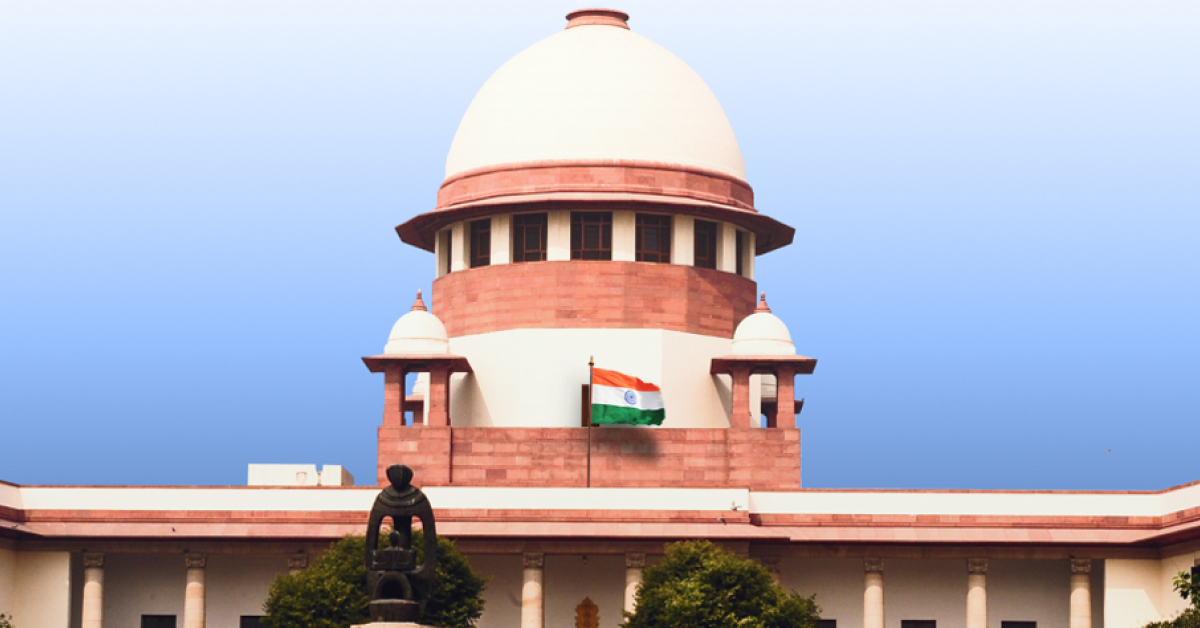The 4:1 majority judgment interpreted the Arbitration and Conciliation Act, 1996, to include instances where courts may correct errors without setting aside the entire award. The ruling introduces flexibility while preserving the fundamental goal of efficient dispute resolution through arbitration.
Case Background
The verdict emerged from the case Gayatri Balasamy v. ISG Novasoft Technologies Ltd., where the petitioner challenged the reduction of an arbitral award by the Madras High Court. The Supreme Court's five-judge Constitution Bench, led by Chief Justice Sanjiv Khanna and comprising Justices B.R. Gavai, P.V. Sanjay Kumar, K.V. Viswanathan, and Augustine George Masih, was constituted to address the pivotal question: Can courts modify arbitral awards under Sections 34 and 37 of the Arbitration and Conciliation Act, 1996?
Limited Scope of Modification
The Supreme Court clarified that courts are not being empowered to rewrite arbitral awards but may intervene in narrowly defined scenarios:
- Rectification of clerical or computational errors
- Severing invalid parts of an award
- Modifying post-award interest or quantum in specific cases
Such modifications, the Bench noted, will ensure justice without compromising the finality of the award.
Article 142 Invoked for 'Complete Justice'
Significantly, the Court invoked Article 142 of the Constitution, allowing it to exercise extraordinary powers to deliver complete justice. This constitutional provision may be applied where arbitral outcomes are patently unjust or legally flawed. However, the Bench emphasized restraint and minimal disruption to arbitral autonomy.
Dissent Warns of Overreach
Justice K.V. Viswanathan dissented, stating that judicial power to alter awards was never envisioned by the statute. He stressed that such modifications undermine party autonomy and should be the domain of legislative reform—not judicial reinterpretation.
Wider Implications for Arbitration Law
Legal experts note that this judgment may boost confidence among disputing parties, ensuring relief in cases of evident errors. However, the increased scope for judicial review could trigger debates over the sanctity of the arbitration process in India.
As arbitration continues to grow as a preferred dispute resolution method, this Supreme Court ruling is likely to be a defining precedent in shaping the future of arbitration in India.
keywords: Supreme Court ruling, Arbitral awards, Arbitration Act 1996, Modify arbitral award, Judicial intervention, Arbitration in India

